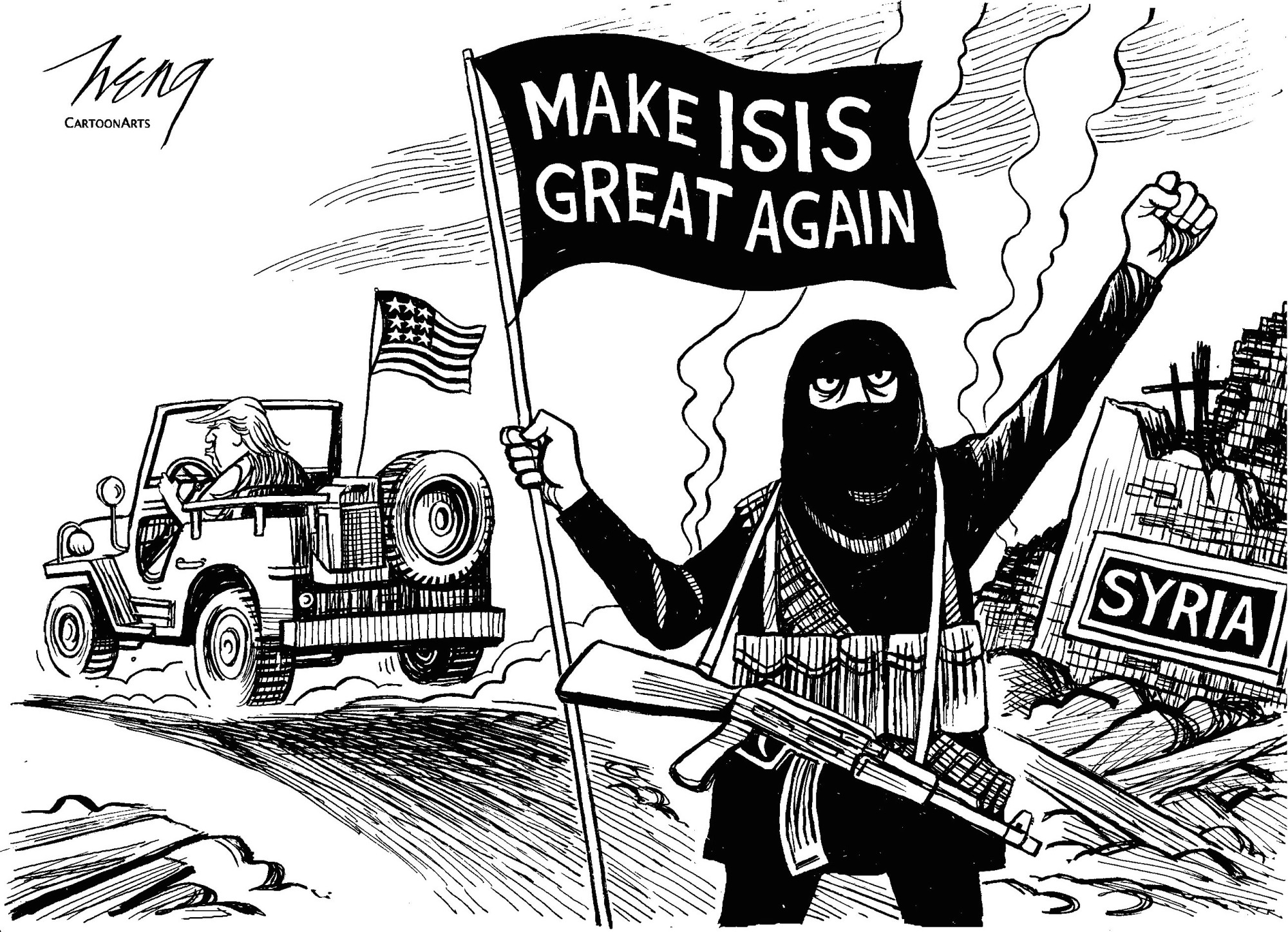The world should greet the reported killing of Abu Bakr al-Baghdadi by celebrating America's exceptional special forces, intelligence agents, CIA officers and satellite-surveillance operators. It was a complex and challenging mission flawlessly executed.
Unfortunately, it is far from "mission accomplished" in the fight against the so-called Islamic State group. The terrorists will continue to pose an extreme danger to Western interests around the world, because they are not dependent on a single charismatic leader. Rather, they are a lethal and venal ideology — structured as a loose network of operatives around the globe.
I recall the day in 2006, when I was a junior vice admiral and the senior military assistant to U.S. Secretary of Defense Don Rumsfeld, and we were in Moscow. We were called to a secure communications facility, and informed that the head of al-Qaida in Iraq, Abu Musab al-Zarqawi, had been killed in a similar mission. At the time, I thought this would be a death knell for al-Qaida, which was already on the run. But it wasn't. Ironically, after Zarqawi's death, we began to see the construction of the Islamic State.



